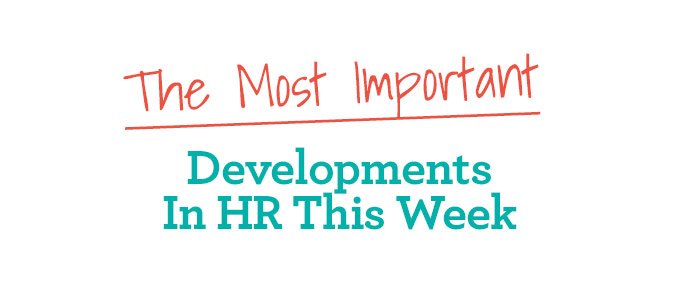
We don’t know about you, but we’d like to get a look at the Intel “non-fraternization” policy that caused its CEO to resign this week. The tech giant announced there was an “ongoing investigation by internal and external counsel” into whether or not Brian Krzanich had a relationship with an employee. Turns out he did, it was consensual, and it’s in the past. So … where’s the beef? Is violating the no-dating rule serious enough to oust a man who has been with Intel since 1982, and its CEO since 2013? Under his watch, Intel stock rose 120 percent. Does anybody else think something else is at work here? Looking a little deeper, Intel’s recent security glitches known as Meltdown and Spectre led to a full-blown crisis, and Krzanich came under fire when he sold $39 million in Intel shares after the company found out about Spectre. There was talk of insider trading. But yet dating an Intel employee caused the board to ask for the man’s resignation? There’s got to be more to this story than an HR violation. The Verge


Did you attend SHRM18 in Chicago this week? Some 20,000 of your friends and colleagues descended on the Windy City for the annual conference dedicated to all things HR. A couple of highlights: The new SHRM CEO Johnny Taylor hit it out of the ballpark on opening night, evangelizing about HR like a preacher and energizing the crowd. People were Tweeting that he is the exciting, inspiring leader HR has needed, but never has had until now. Another talked-about session: Organizational psychologist Adam Grant challenged the long-beloved HR notion that culture fit is hiring’s Holy Grail. He said no, culture fit weeds out diversity of thought. Misfits, original thinkers, and disagreeable givers (critical, skeptical employees who show up) give the critical feedback that no one wants to hear but everyone needs. SHRM


While politicians argued over who is responsible for the terrible situation happening at the border right now, business — specifically the tech industry — actually did something about it. On Tuesday, more than 100 Microsoft employees called for their company to cancel its $19 million contract with ICE for data and AI capabilities. For the employees, it’s not about business or profits, it’s about ICE using the technology they created for evil purposes, which flies in the face of Microsoft’s culture. Similarly, Google, Apple, and Facebook all have internal campaigns to raise funds for immigrant families. Two former Facebook employees started a fundraiser to collect $1,500 for migrants’ legal assistance and within a nanosecond they had raised $5 million (and counting), with Mark Zuckerberg and Sheryl Sandberg donating. These tech workers are saying this policy is not in line with the cultures at their companies, and that means more to them than the bottom line. New York Times


Paychex released the results of its latest Pulse of HR survey this week, and what they found might surprise and delight you. More HR pros in small- and medium-sized businesses view their role as that of strategic partner within their organizations rather than compliance or administrative managers. In other words, they’re out contributing to their company’s success in a tangible way, not filling out forms about benefits. Eighty percent of respondents reported they have a say in, and are a part of, their organization’s total strategy and goals. That represents a shift, but one that many saw coming. Technology and analytics are key drivers of this, essentially helping to transform the HR function from administrative-based to being true human capital management strategists. Paychex


Work/life balance, anyone? Senior management at a public utilities bureau in western Japan called a TV news conference this week and bowed to the cameras to apologize to, apparently, the world at large for an employee’s “deeply regrettable” actions. The offense? He took lunch three minutes early. You read that right. They alerted the media to this egregious act just after the government passed a law limiting overtime hours to 100 per month. This, in response to the rise in the number of people dying from karoshi, or death by overwork, in Japan. One high-profile case brought the whole matter out of the shadows and into the spotlight: A 24-year-old woman killed herself after being forced to work more than 100 hours of overtime to prove her dedication to the job, something that is, unfortunately, the norm there. And the fate of the early luncher? He was docked a half-day’s pay. But the Twitterverse exploded in his defense, signaling there might be an opportunity to change a workplace culture that not only doesn’t provide a work/life balance but actively denies it. The Guardian










